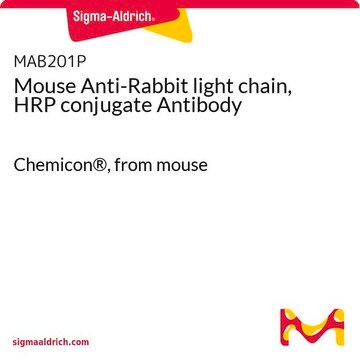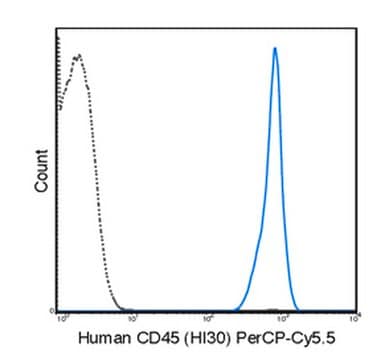M4401
Monoclonal Anti-Myosin (Light Chains 20 kDa) antibody produced in mouse
clone MY-21, ascites fluid
Sinónimos:
Myosin Light Chain Antibody, Myosin Light Chain Antibody - Monoclonal Anti-Myosin (Light Chains 20 kDa) antibody produced in mouse
About This Item
Productos recomendados
biological source
mouse
Quality Level
conjugate
unconjugated
antibody form
ascites fluid
antibody product type
primary antibodies
clone
MY-21, monoclonal
mol wt
antigen 20 kDa
contains
15 mM sodium azide
species reactivity
human, chicken, pig, bovine, rabbit
technique(s)
indirect immunofluorescence: 1:200 using human or chicken fibroblasts
western blot: suitable using denatured and reduced myosin of muscle
isotype
IgM
UniProt accession no.
shipped in
dry ice
storage temp.
−20°C
target post-translational modification
unmodified
Gene Information
chicken ... MYLK2(396356)
human ... MYLK2(85366)
General description
Specificity
Immunogen
Application
- western blot analysis
- fluorescence immunohistochemistry
- confocal microscopy
Biochem/physiol Actions
Physical form
Storage and Stability
Disclaimer
Not finding the right product?
Try our Herramienta de selección de productos.
Storage Class
10 - Combustible liquids
wgk_germany
nwg
flash_point_f
Not applicable
flash_point_c
Not applicable
Certificados de análisis (COA)
Busque Certificados de análisis (COA) introduciendo el número de lote del producto. Los números de lote se encuentran en la etiqueta del producto después de las palabras «Lot» o «Batch»
¿Ya tiene este producto?
Encuentre la documentación para los productos que ha comprado recientemente en la Biblioteca de documentos.
Nuestro equipo de científicos tiene experiencia en todas las áreas de investigación: Ciencias de la vida, Ciencia de los materiales, Síntesis química, Cromatografía, Analítica y muchas otras.
Póngase en contacto con el Servicio técnico








